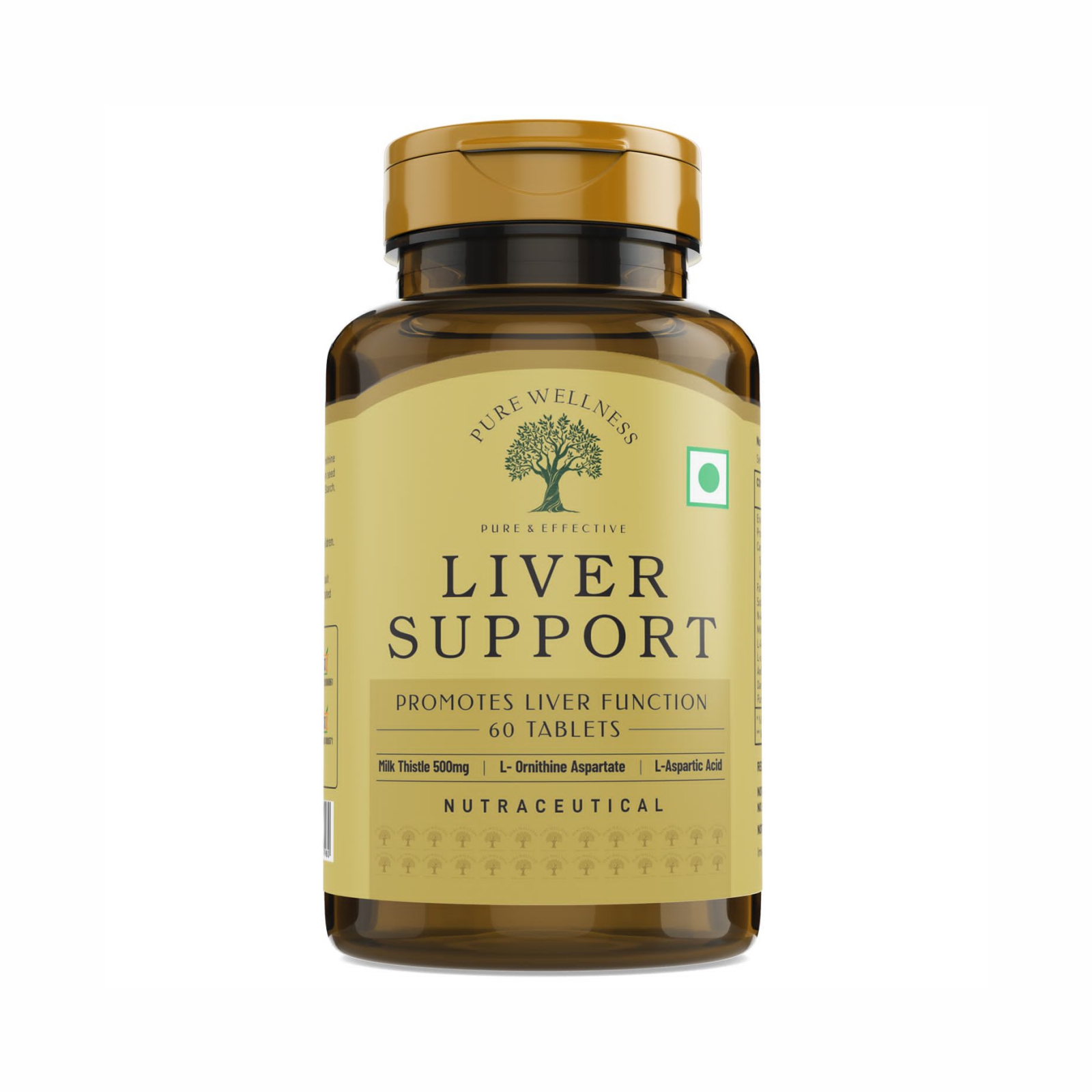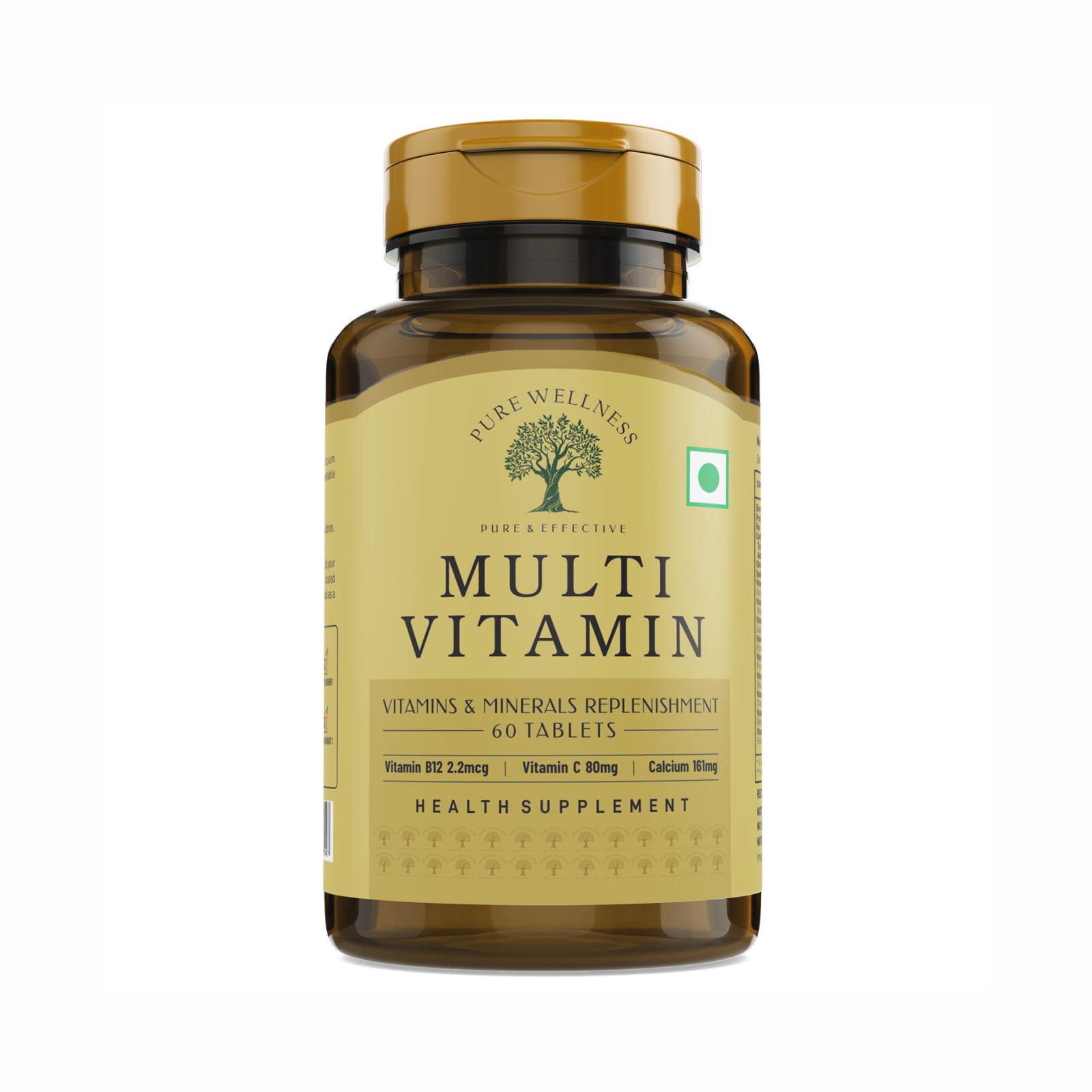OMEGA 3 FISH OIL
Omega-3 fish oil is a type of dietary supplement that is derived from the tissues of fatty fish such as salmon, mackerel, and tuna. It contains two essential types of omega-3 fatty acids, EPA (eicosapentaenoic acid) and DHA (docosahexaenoic acid), which have numerous health benefits. The single strength version of Omega-3 fish oil contains 180mg of EPA and 20mg of DHA per softgel. While this is a lower dose compared to triple strength versions, it can still provide some health benefits.
EPA and DHA are essential fatty acids that play an important role in brain health, heart health, and overall well-being. EPA helps to reduce inflammation in the body, which can reduce the risk of heart disease and stroke. It may also help to alleviate symptoms of depression, anxiety, and ADHD. DHA is important for brain health, as it is a key component of brain cell membranes and helps to support cognitive function.
Omega-3 fish oil supplements are typically consumed by individuals who do not get enough omega-3 fatty acids from their diet, particularly those who do not regularly eat fatty fish. They are also commonly used to support heart health, brain health, and overall well-being.

HOW TO CONSUME?
The recommended dosage for Omega 3 Fish Oil single strength with 180mg EPA and 20mg DHA is to take one softgel daily with a meal, or as directed by a healthcare professional. It is best to take the softgel with food to help with absorption and to reduce the risk of gastrointestinal side effects. It is important to follow the recommended dosage and not to exceed it unless directed by a healthcare professional.
OMEGA 3 FISH OIL
Omega-3 fish oil is a type of dietary supplement that is derived from the tissues of fatty fish such as salmon, mackerel, and tuna. It contains two essential types of omega-3 fatty acids, EPA (eicosapentaenoic acid) and DHA (docosahexaenoic acid), which have numerous health benefits. The single strength version of Omega-3 fish oil contains 180mg of EPA and 20mg of DHA per softgel. While this is a lower dose compared to triple strength versions, it can still provide some health benefits.
EPA and DHA are essential fatty acids that play an important role in brain health, heart health, and overall well-being. EPA helps to reduce inflammation in the body, which can reduce the risk of heart disease and stroke. It may also help to alleviate symptoms of depression, anxiety, and ADHD. DHA is important for brain health, as it is a key component of brain cell membranes and helps to support cognitive function.
Omega-3 fish oil supplements are typically consumed by individuals who do not get enough omega-3 fatty acids from their diet, particularly those who do not regularly eat fatty fish. They are also commonly used to support heart health, brain health, and overall well-being.

HOW TO CONSUME?
The recommended dosage for Omega 3 Fish Oil single strength with 180mg EPA and 20mg DHA is to take one softgel daily with a meal, or as directed by a healthcare professional. It is best to take the softgel with food to help with absorption and to reduce the risk of gastrointestinal side effects. It is important to follow the recommended dosage and not to exceed it unless directed by a healthcare professional.
BENEFITS
Fast Facts of OMEGA 3 FISH OIL (Single)
- Omega 3 Fish Oil is a dietary supplement that contains two important types of omega-3 fatty acids, EPA and DHA, that are essential for overall health and well-being.
- The recommended dosage for Omega 3 Fish Oil with 180mg EPA and 20mg DHA is one softgel per day.
- Omega 3 Fish Oil may support heart health by reducing inflammation, lowering triglyceride levels, and reducing the risk of blood clots.
- It may also support brain health by promoting cognitive function and reducing the risk of cognitive decline.
- Omega 3 Fish Oil has anti-inflammatory properties that may help to alleviate symptoms of inflammatory conditions such as rheumatoid arthritis, asthma, and inflammatory bowel disease.
- Additionally, DHA, which is found in Omega 3 Fish Oil, is important for eye health and may reduce the risk of age-related macular degeneration.
- It is important to consult with a healthcare professional before taking any dietary supplements, particularly if you are pregnant, nursing, taking medication, or have a medical condition.




